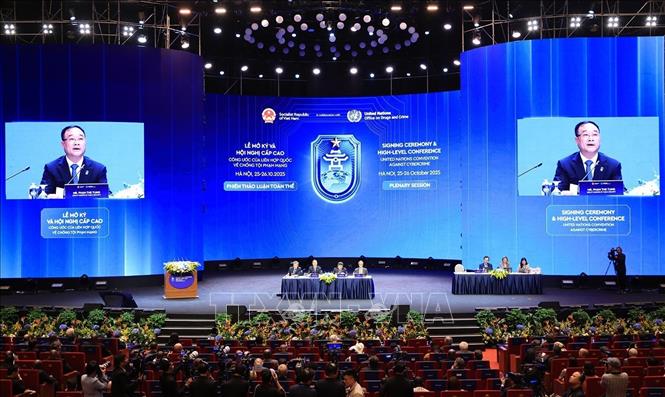
Deputy Minister of Public Security , Senior Lieutenant General Pham The Tung and Deputy Minister of Foreign Affairs Nguyen Minh Vu co-chaired the discussion session.
At the discussion session, representatives of 62 countries and international organizations participated in contributing their opinions, affirming that cybercrime is a rapidly developing field and no country can unilaterally address this threat. Delegates called on all countries to sign and ratify the Convention, to promote real effectiveness in the fight against global cybercrime; promote cooperation towards a safe and humane digital space worldwide .
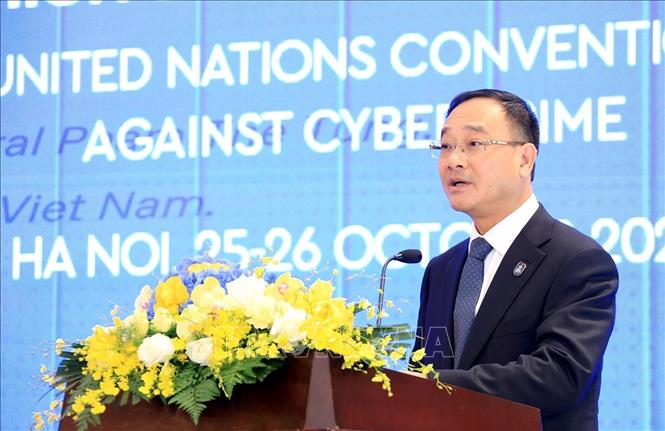
Deputy Minister of Public Security of Vietnam, Senior Lieutenant General Pham The Tung said that on the morning of October 25, with over 1,000 delegates from more than 110 national delegations and international organizations attending, the Conference witnessed a historic moment when representatives of 69 countries signed the Hanoi Convention with the most solemn ceremony; expressing the aspiration, determination and need to strengthen international cooperation and the desire to promote a global legal framework to prevent and combat cybercrime.
In particular, the statements of high-ranking Vietnamese leaders such as General Secretary To Lam, President Luong Cuong, and Prime Minister Pham Minh Chinh affirmed Vietnam's determination for the Convention to soon come into effect with the participation of all countries, ensuring that no one is left behind. All for international solidarity in the work of protecting a safe, healthy and sustainable cyberspace.
Along with that, Senior Lieutenant General Pham The Tung said that at the plenary discussion session on the afternoon of October 25, the Conference listened to 19 statements from representatives of countries, in which countries highlighted the role of the Convention as an important step in building the first global legal framework to coordinate joint efforts to respond to cybercrime.
Many countries are ready to commit to preventing and combating cybercrime, international cooperation in sharing information and evidence, and building common standards for cyberspace management with specific proposals. In particular, developed countries have made commitments to improving capacity and providing technical support as proposed by developing countries.
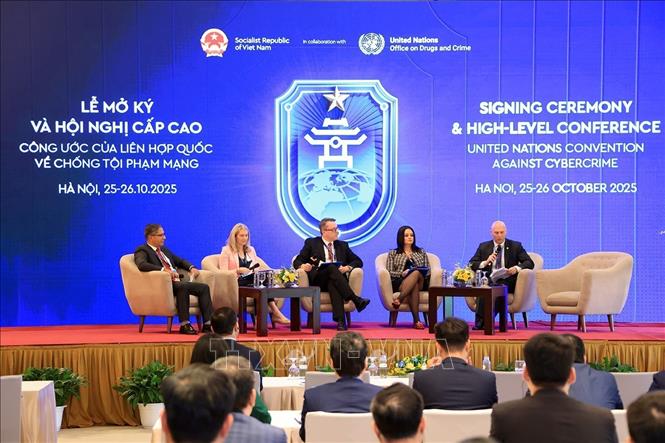
At the discussion session, more than 60 delegates representing countries and international organizations... registered to speak and share their own views on efforts in preventing and combating cybercrime globally, as well as the role of the Hanoi Convention in affirming determination and belief in fighting this type of crime.
Delegates agreed that the adoption of the Hanoi Convention marks a new step forward in the formation of international standards on cyberspace, towards a global framework to prevent and combat cybercrime, as well as support the collection and sharing of electronic evidence on serious cross-border crimes.
With 68 articles, the Convention will promote international cooperation in preventing and dealing with this type of crime that is causing many challenges for the world due to its rapid spread and far-reaching impact. At the same time, the Convention creates equal opportunities for all countries to coordinate to deal with increasingly complex forms of cybercrime that go beyond territorial borders.
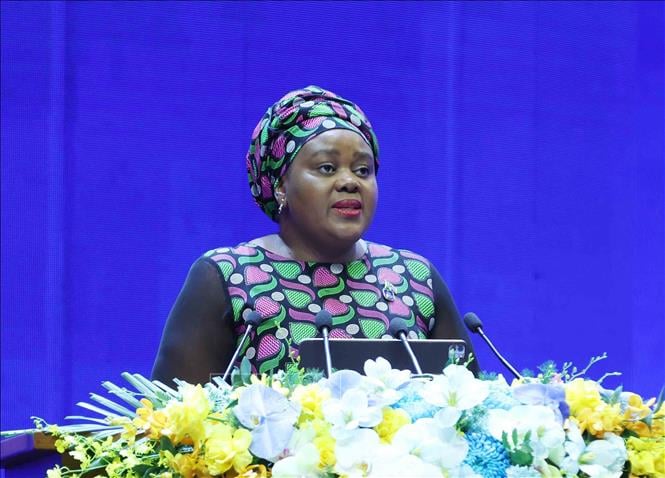
The representative of South Africa expressed his gratitude to the Government of Vietnam for the warm welcome to the signing ceremony of the Convention and congratulated the United Nations and countries for their efforts over many years to achieve this historic treaty. The representative of South Africa emphasized that international cooperation is a core element of the Convention as no country can fight cybercrime alone.
The representative of South Africa also called on all member states to sign and ratify the Convention, stressing that only when fully implemented would the Convention be truly effective in the fight against global cybercrime.
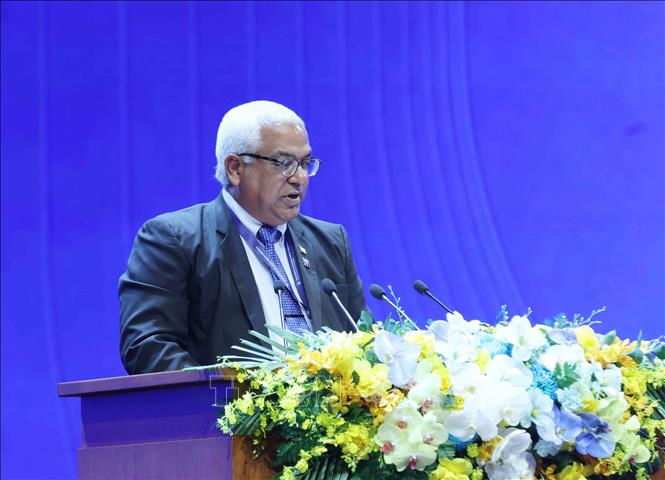
Meanwhile, the Cuban representative affirmed that the signing of the United Nations Convention against Cybercrime is an important step forward, emphasizing that international cooperation is necessary but parties must respect sovereignty and not interfere in each other's internal affairs. Cuba warned of the risk of abusing technology, artificial intelligence and cross-border cybercrime affecting global peace and stability, calling for shared responsibility among countries.
The Cuban representative reaffirmed his commitment to multilateralism, called for the lifting of sanctions that hinder the country's cyber defense capabilities, and expressed his desire to build a secure and stable cyberspace based on cooperation, transparency, and respect for national sovereignty.
Many international representatives welcomed the progress made since the Convention was adopted, in particular the process of developing the rules of procedure that will guide the work of the Conference of the States Parties when it convenes after the required number of ratifications has been achieved. At the same time, representatives also expressed their hope for the process to be completed soon and pledged to participate fully and with the highest sense of responsibility.
Source: https://baotintuc.vn/thoi-su/de-cong-uoc-ha-noi-som-co-hieu-luc-20251026141057485.htm







![[Photo] Nhan Dan Newspaper displays and solicits comments on the Draft Documents of the 14th National Party Congress](https://vphoto.vietnam.vn/thumb/1200x675/vietnam/resource/IMAGE/2025/10/26/1761470328996_ndo_br_bao-long-171-8916-jpg.webp)
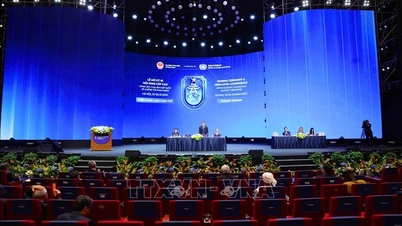
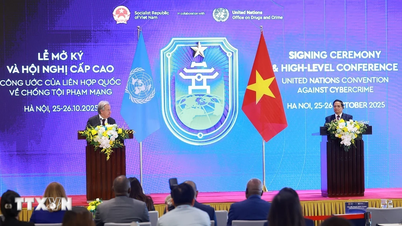

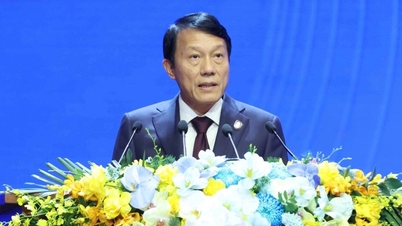

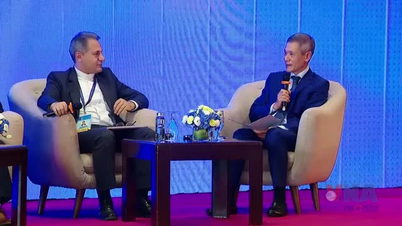


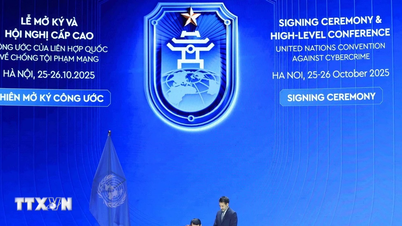

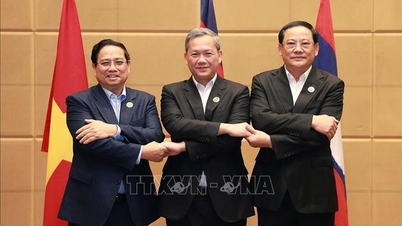
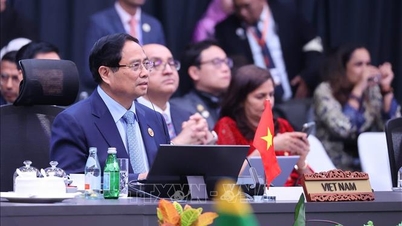
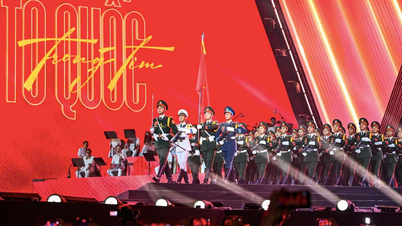



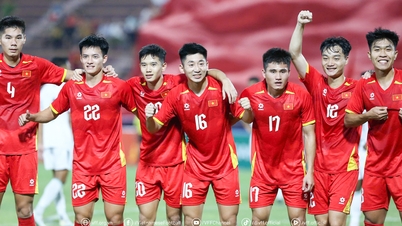




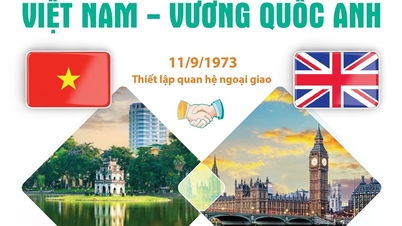
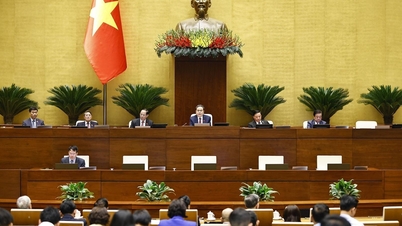
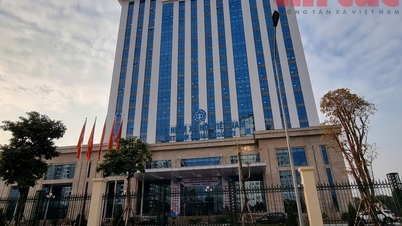
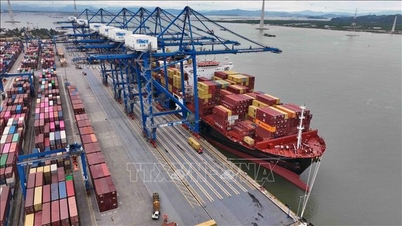
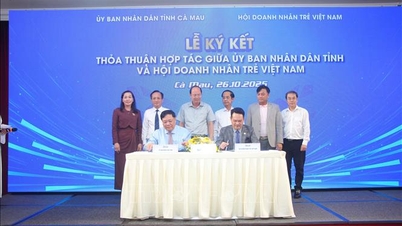
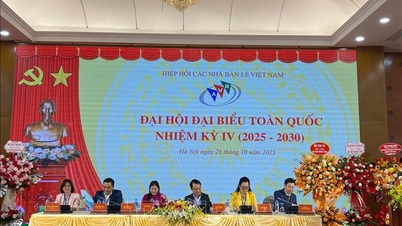
![[Photo] Enjoy the Liuyang Fireworks Festival in Hunan, China](https://vphoto.vietnam.vn/thumb/1200x675/vietnam/resource/IMAGE/2025/10/26/1761463428882_ndo_br_02-1-my-1-jpg.webp)
![[Photo] General Secretary To Lam received the delegation attending the international conference on Vietnam studies](https://vphoto.vietnam.vn/thumb/1200x675/vietnam/resource/IMAGE/2025/10/26/1761456527874_a1-bnd-5260-7947-jpg.webp)



































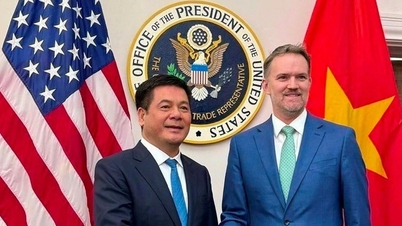


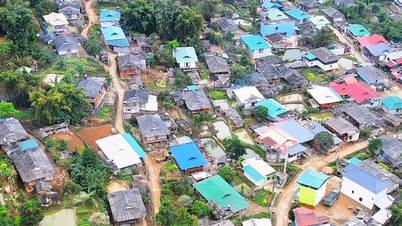


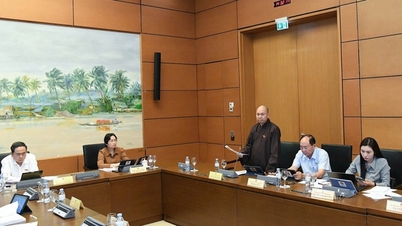
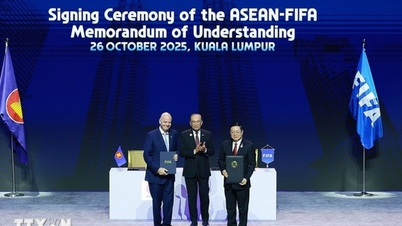
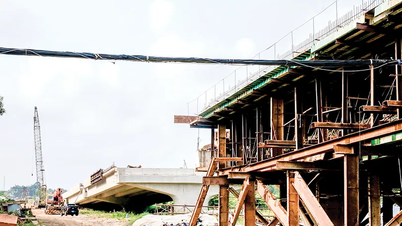

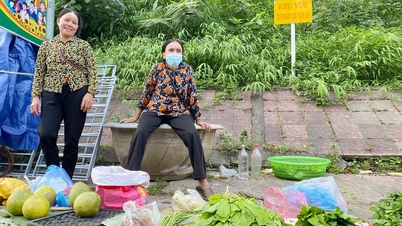

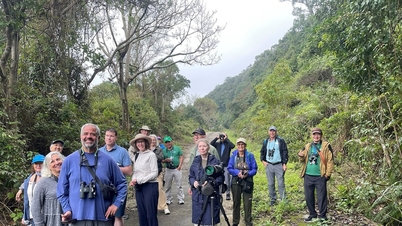




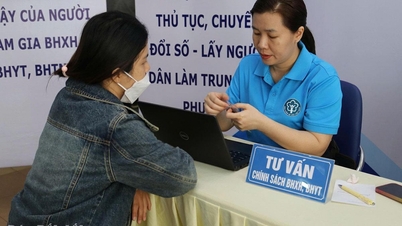
















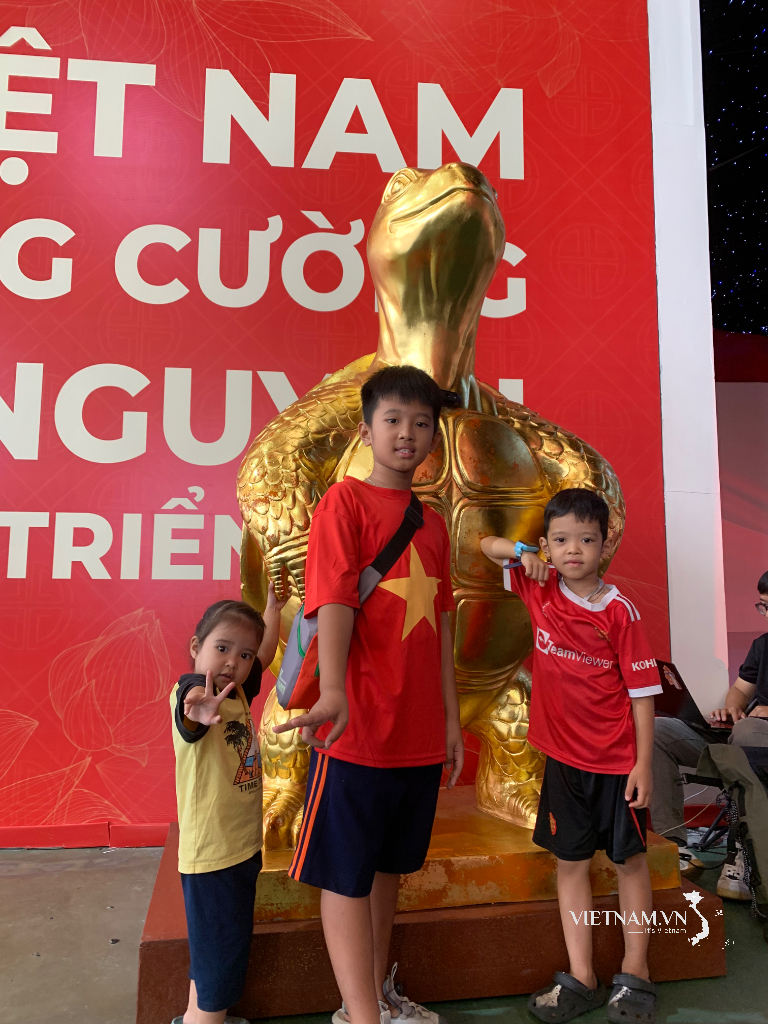
Comment (0)